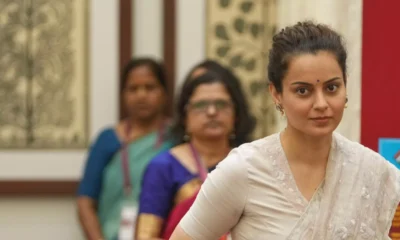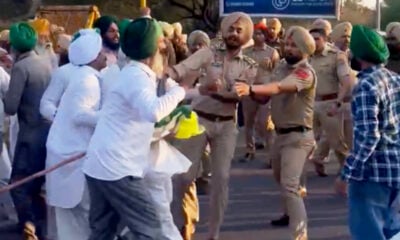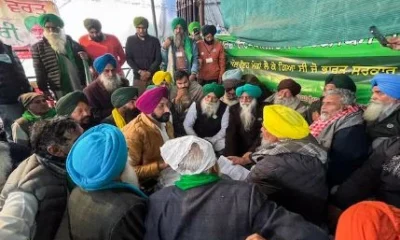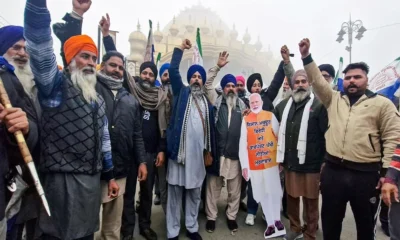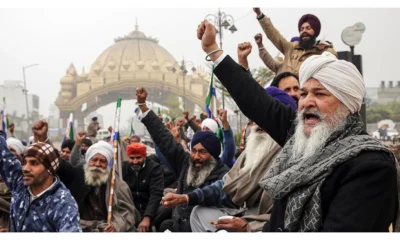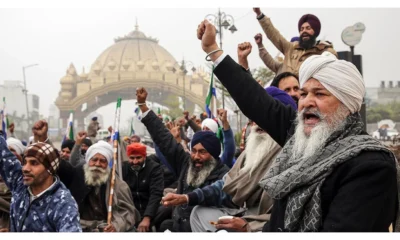India News
Farmers protest: Unions stick to their demands, all focus on next meeting
The deadlock between the government and the protesting farmers continues as the seventh round of talks with the Centre remained inconclusive, with the farmers were stick to their demand for the repeal of the farm laws while the government was still trying to convince them by listing out various benefits of the farm laws.

India News
PM Modi accuses Congress of anti-Sikh bias over Rahul Gandhi’s ‘traitor’ remark
Prime Minister Narendra Modi accused Rahul Gandhi of targeting BJP MP Ravneet Singh Bittu with a ‘gaddar’ remark because of his Sikh identity while speaking in the Rajya Sabha.
India News
Manipur Assembly to meet at 4 pm today, floor test likely under new chief minister
The Manipur Legislative Assembly will convene at 4 pm today, with a floor test likely as the new chief minister seeks to prove his majority in the House.
India News
PM Modi skips Lok Sabha reply as protests force repeated adjournments
PM Modi did not deliver his Lok Sabha reply today after sustained Opposition protests led to repeated adjournments over a dispute involving Rahul Gandhi’s proposed speech.
-

 Latest world news23 hours ago
Latest world news23 hours agoPakistan faces domestic backlash after India secures lower tariffs in US trade deal
-

 Latest world news24 hours ago
Latest world news24 hours agoNew Delhi free to buy oil from any source, Russia says amid US deal claims
-

 Cricket news23 hours ago
Cricket news23 hours agoPakistan PM Shehbaz Sharif confirms boycott of India match at T20 World Cup
-

 India News20 hours ago
India News20 hours agoManipur Assembly to meet at 4 pm today, floor test likely under new chief minister
-

 India News15 hours ago
India News15 hours agoPM Modi accuses Congress of anti-Sikh bias over Rahul Gandhi’s ‘traitor’ remark

